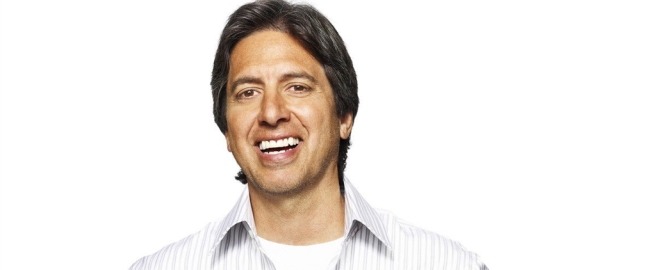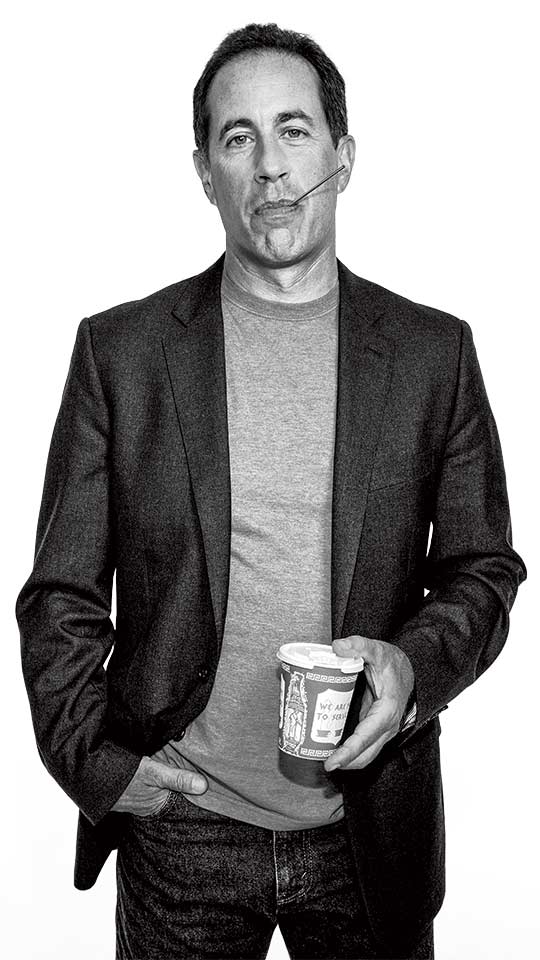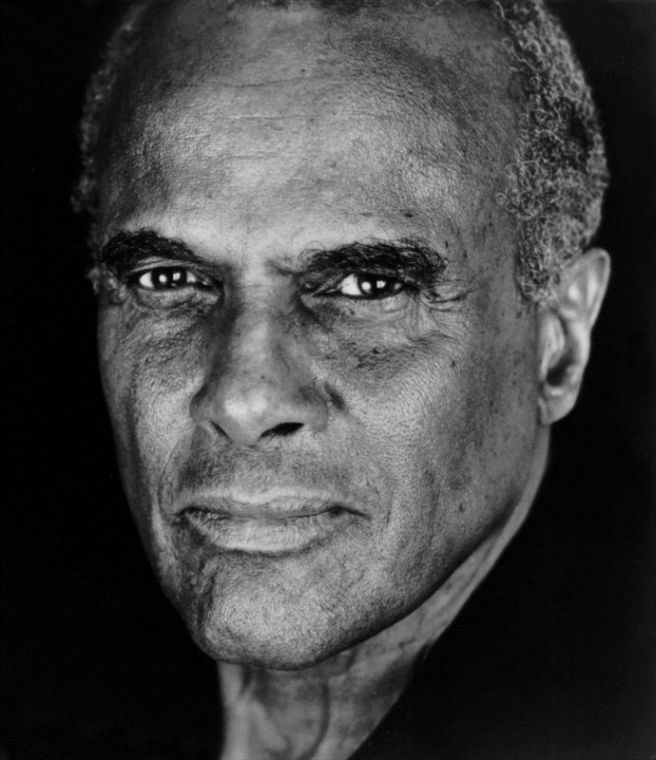“People get up, they go to work, they have their lives, but you never see the headlines say, ‘Six billion people got along rather well today.’ You’ll have the headline about the 30 people who shot each other.”
~ John Malkovich
John Gavin Malkovich, 59, was born in Christopher, Illinois. His paternal grandparents were Croatian. He is an American actor, producer, director, and fashion designer. Over the last 30 years of his career, Malkovich has appeared in more than 70 motion pictures. For his roles in Places in the Heart and In the Line of Fire, he received Academy Award nominations. He has also appeared in critically acclaimed films such as Empire of the Sun, The Killing Fields, Dangerous Liaisons, Of Mice and Men, Being John Malkovich, and RED, and has produced numerous films, including Juno and The Perks of Being a Wallflower.
Image Source: m.antena.ro portrait of John Malkovich




